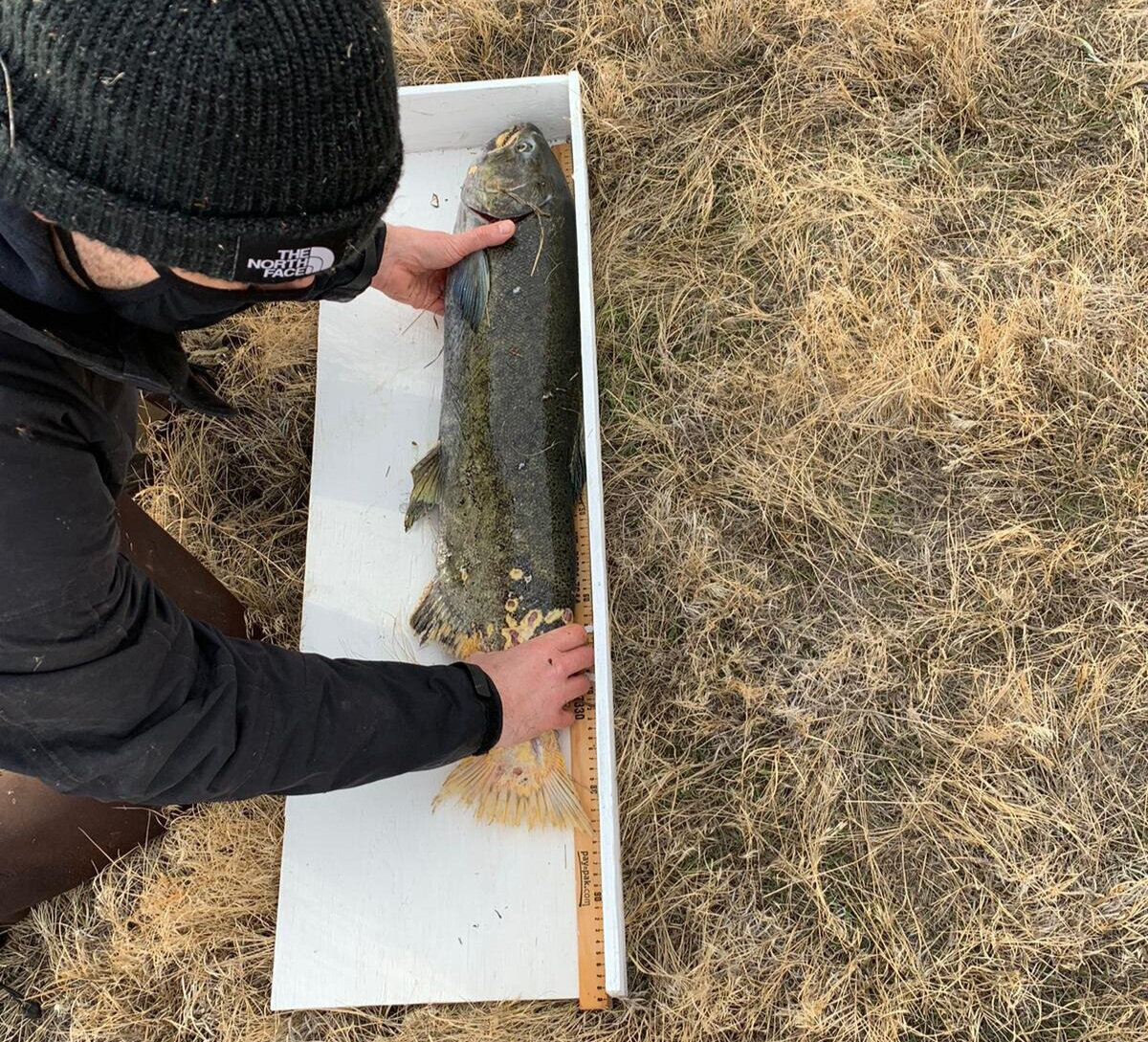Biotechnology
Trojan Virus Technology
Our laboratory is developing selectively replicating viral vectors that can seek out and destroy viral pathogens. This viral-antiviral technology uses pathogen-derived genome structures to replicate and spread the therapy between infected cells while using CRISPR genome editing technology to target viral pathogens. Trojan virus technology is species independent and therefore can be engineered to combat diverse viral pathogens infecting fish, mammals, and plant species.
Fish Gene Therapy Technology
Gene therapy technology in mammals has led to important biological discoveries and clinical applications. We are developing fish gene therapy viruses to transfer genetic material to select tissues of fish. The technology will help advance basic fish biology research and to increase genetic engineering capabilities in wild and cultured fish.
Enhancing Aquaculture Sustainability and Production through Gene Editing
The increasing global acceptance for gene-edited agricultural products suggests that CRISPR genome editing technology will revolutionize the aquaculture industry, enabling the production of more sustainable, healthy, and productive fish stocks. Since the development of new gene-edited fish lines for commercial production will take years to develop, we are investing heavily in research and development to solve important challenges facing the salmonid aquaculture industry.
CRISPR Nucleic Acid Detection Technology
We are using new CRISPR-based nucleic acid detection technologies to develop rapid tests for disease diagnostics, sexing, and environmental DNA monitoring of salmonid species. The technology shows promise as a field based application that does not require specialized equipment or diagnostic facilities.
CRISPR Conservation
Species conservation is a challenging field that is far too often limited in the tools necessary to conserve threatened species. Our laboratory is developing technologies that could someday be used to slow or reverse species decline. The technologies that we are developing include; CRISPR-based invasive species elimination technologies, genetic barcoding approaches, and environmental DNA-based genetic stock identification.
Have a great idea and want to collaborate with our laboratory, contact us. michael.phelps1@wsu.edu




